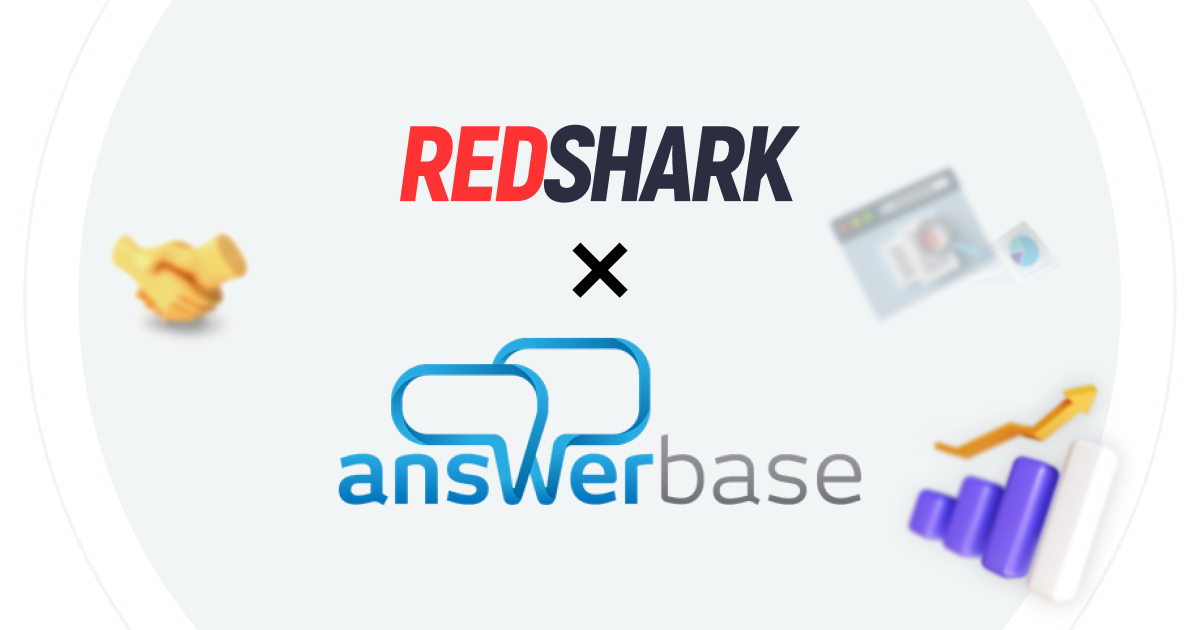
Ultimate Guide to Google LocalBusiness Structured Data
Featured & Recent Articles
Ultimate Guide to Google LocalBusiness Structured Data

Fortifying your local SEO strategy by implementing new tactics that improve search engine crawlability and user-friendliness is paramount. Investing in technical SEO tactics such as optimizing page load speed, adding unique meta titles and descriptions, and schema markup are effective ways our Webflow SEO agency improves your local SEO efforts. Google’s Local business (localBusiness) structured data is becoming increasingly important to implement, specifically for brick-and-mortar businesses looking to boost their online presence. The implementation process may vary slightly depending on your website platform. Continue reading to discover the significance Google’s Local business (localBusiness) structured data brings to your local SEO charge, along with how to add local business structured data to your website backend!
What is LocalBusiness schema?
Google’s local business structured data, by using the schema.org LocalBusiness schema, is a structured data format that helps search engines understand and display information about your business in local search results. Adding the Google local business structured data into your website’s head allows search engines like Google, Yahoo, Bing, and Firefox to understand the contents and purpose of your website. Properly implementing the LocalBusiness structured data markup increases your chances of ranking higher on the SERP, meaning increased visibility, traffic, and conversions.
How to Add Local Business Structured Data
Adding local business structured data can be done in four steps: identifying your business category, preparing your shchema using JSON-LD to optimize your fields, publishing your website, and testing the code using either Google Rich Results test or, the Schema Markup Validator. Local business structured data provides search engines with entities that helps them understand and display information about your business in local search results. Structured data can improve your visibility and attract more local customers to your establishment, meaning more foot traffic and conversions for your business.
Step One: Identify Your Business Category
Start by identifying the appropriate schema.org subtype for your business to begin optimization. Google’s Developer Documentation for LocalBusiness provides an in-depth catalog and guide to selecting and implementing the specific schema attributes to include in your markup. If you experience difficulty finding the category that fits your business, choose a more general category, such as Local Business, and utilize the “SameAs” property to provide more information from additional resources.
Step Two: Insert LocalBusiness Structured Data With Schema via JSON-LD
Before inserting your code, remember to wrap it within a set script tags, take extra measures to include essential business details to optimize your structured data for search engines. JSON-LD semantically markups the data you place into the LocalBusiness schema for search engines and users to better understand.
There is a group of fields within LocalBusiness schema markup to identify when placing your information:
- “name”: Your business name.
- “address”: An abject containing the address details. Insert your street address, city, state, ZIP code, and country into the address field.
- “telephone”: Your business telephone number.
- “openingHours”: Specify your business hours in a standard format. For example, Red Shark Digital is open Mondays through Fridays from 8:30 a.m. - 5:30 p.m. EST. The “openingHours” information would read as “Mon-Fri 08:30-17:30.”
- “image”: Your business logo URL or an image representing your business.
- “priceRange”: This field is optional. If you fill this field, specify the price range for your products or services.
- “url”: Insert the URL of your website.
- “sameAs”: Place any URLs associated with your business in the "sameAs" field. Social media profile URLs and other online platforms that contain information relevant to your business are examples of additional resources.
With your local business structured data optimized with the correct business information, the code is ready for placement on your desired page. Our Webflow agency uses the custom code section of the site settings to seamlessly implement LocalBusiness schema markup for local SEO campaigns and drive visibility.
Step Three: Test Your Code with Google Rich Results Test or Schema Markup Validator
After placing your local business structured data in your desired page, ensure your code is correct for search engines. Schema Markup Validator and Google’s rich results test are both reliable tools for testing for valid schema driven items. Based on Google’s Structured Data Testing Tool, Schema Markup Validator extracts JSON-LD, Microdata markup, and RDFa to create a comprehensive summary. If any errors exist in the writing of your local business schema, the tool will identify them for you to correct.
Step Four: Publish Your Website and Test URL With Google Search Console
Upon running your URL through Schema Markup Validator and ensuring corrective adjustments are in place, publish your website to implement your LocalBusiness structured data. Track your search traffic performance on Google Search Console and monitor the performance of your rich results. Webflow SEO agency experts remain up-to-date on industry-leading approaches to schema and adjust your categories as necessary.
Google Local Business Structure Data Enhances Local SEO Performance
By including structured data on your website, search engines can better recognize and understand the details of your local business. Semantic code can enhance the visibility of your business in local search results and provide users with more accurate and relevant information about your establishment.
Your business may experience improvements in performance through the following elements of Google local schema:
- Structured data validates your website to search engines by providing accurate information and essential details about your business.
- Structured data increases the chances of appearing in Google Maps, which is highly valuable for local brick-and-mortar businesses.
- Adding detailed structured data increases the likelihood of your business appearing in rich results or knowledge panels in search results. Features of enhanced search results can include detailed business information, such as your business name, phone number, hours, reviews, and images.
- Voice search accessibility becomes exponentially achievable using localBusiness schema markup. With the semantic language of JSON-LD, structured data provides search engines with concise and accurate responses for voice search queries related to local businesses.
- Structured data helps search engines understand the context of a user’s search, especially when users search for services and products nearby in a local area. With schema markup, you can improve business relevance to local search queries and increase your visibility for mobile users.
Invest In Your Organic Growth With SEO Experts at Red Shark Digital
Google’s local business structured data is essential for brick-and-mortar businesses looking to boost their online presence. Adding local business schema to your website provides search engines with structured data that helps them understand and display information about your business in local search results. Properly implementing schema markup increases your chances of ranking higher on the SERP, meaning increased visibility, traffic, and conversions. Red Shark Digital specializes in advanced local SEO tactics to optimize your website for local search results, saving you valuable time to invest in your business operations. Check out our tactic library for more insight on services from the leading NC marketing agency, and contact our sales experts to kickstart your local SEO campaign.





























